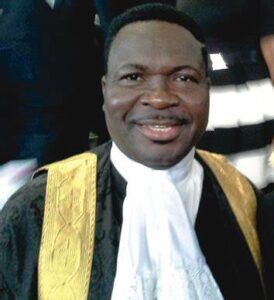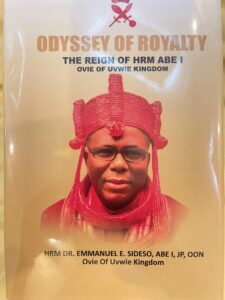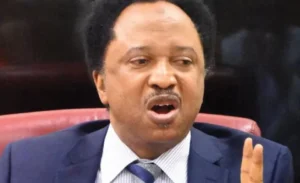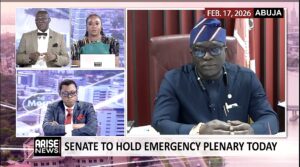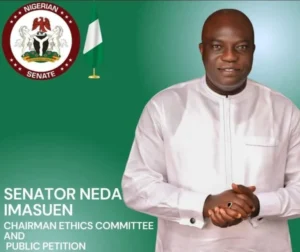Governor Godwin Obaseki Subtle Moves To Castrate The Judiciary
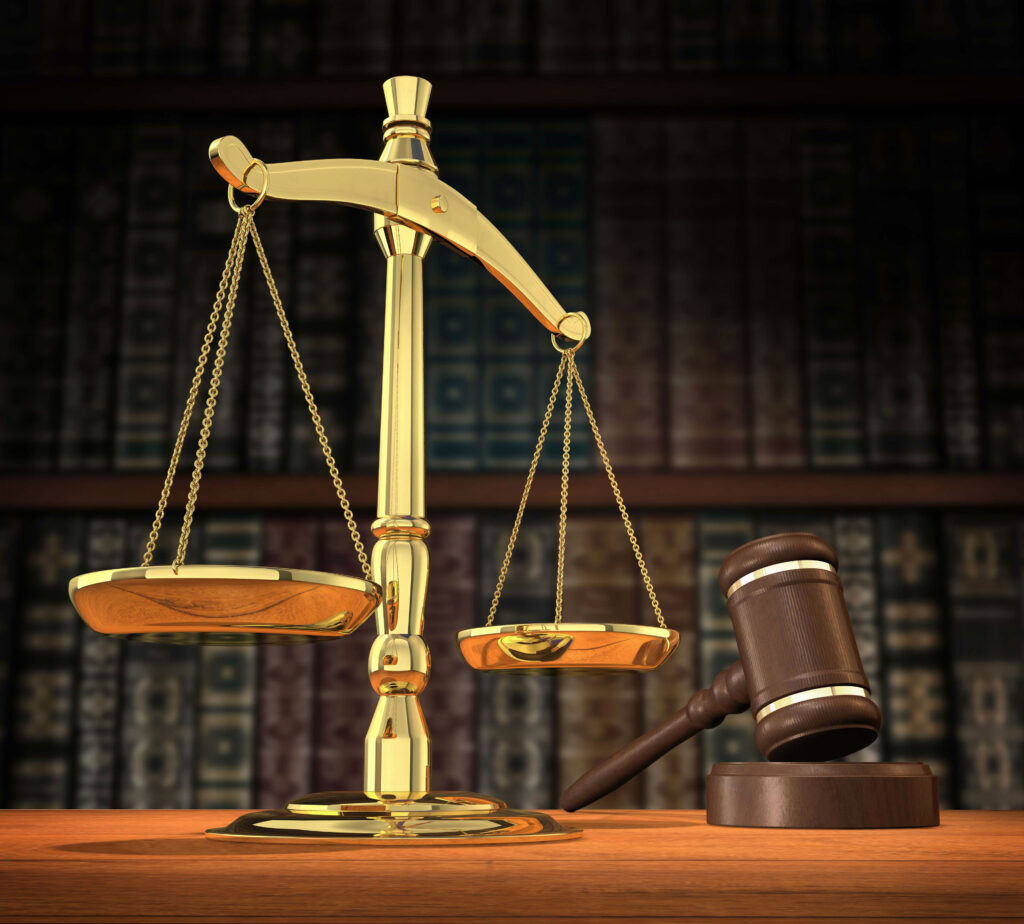
By Victor Ofure Osehobo
Governor Godwin Obaseki’s tenure in Edo State has been marred by controversies that question the very essence of democratic principles and constitutional governance.
Apart from an official penchant for entering meaningless partnerships, agreements and signing dues MOUs for white elephant projects, he will be remembered for two significant incidents.
One, involving the Edo State Assembly in 2019 and the other concerning the appointment of judges. These two episodes shed light on Governor Obaseki’s apparent and unwarranted disregard for constitutional provisions and the rule of law.
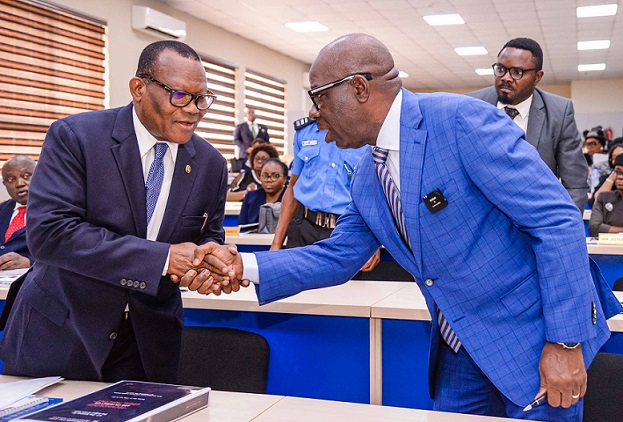
In 2019, Governor Obaseki made a decision that would cast a long shadow over the democratic process in Edo State. Refusing to swear in 14 duly elected members of the Edo State Assembly, he effectively crippled the legislative arm of the government, leaving only 10 out of the constitutionally mandated 24 members to operate for four years.
His own constituency was a victim along that of his deputy, the Benin Monarch, Oba Ewuare 11. This deliberate castration of the assembly raised serious concerns about the erosion of democratic norms and the separation of powers, fundamental tenets of Nigeria’s constitutional framework.
The refusal to swear in the elected members directly contradicted Section 91 of the Nigerian Constitution, which clearly outlines the composition of State Houses of Assembly.
This section stipulates the number of members that each state assembly should have, emphasizing the importance of representation and balanced governance.
Governor Obaseki’s decision to sideline 14 elected representatives not only subverted the democratic process but also undermined the checks and balances inherent in a well-functioning government structure.
Fast forward to today, and a strikingly similar narrative unfolds. Governor Obaseki is parading a successor after sending his duly elected deputy out of his office in the Government House without any form of opposition.
He is now facing criticism for his refusal to swear in eight judges who have been duly cleared by the Nigerian Judicial Council.
The parallels between these two incidents raise critical questions about the Governor’s commitment to upholding the rule of law and respecting constitutional mandates.
The legal landscape surrounding the appointment of judges is governed by Sections 271(2) and 290(1) and (2) of the 1999 Constitution (as amended).
These sections outline the mandatory duties of the Governor and other relevant authorities in the appointment and swearing-in process of judges.
By intentionally delaying the appointment and swearing-in of these judges, Governor Obaseki is not only flouting constitutional provisions but also jeopardizing the independence of the judiciary.
The legal community has not remained silent on these matters. Lawyer Olayiwola Afolabi has raised an appeal, drawing attention to the constitutional breaches committed by Governor Obaseki in both instances – the castration of the assembly and the delay in appointing judges.
Afolabi’s appeal underscores the urgency of addressing these issues to protect the democratic fabric of Edo State.
Furthermore, Chukwuka Jonathan Enegide, a lawyer who has taken the matter to court, seeks redress for the violations of constitutional provisions and the infringement on citizens’ rights.
Enegide’s suit emphasizes the potential consequences of Governor Obaseki’s actions, asserting that the deliberate delay in appointing judges infringes upon citizens’ rights to prompt access to justice, life, dignity, liberty, and fair hearing.
The juxtaposition of these two incidents reveals a troubling pattern of executive overreach and a disregard for constitutional obligations.
The deliberate castration of the assembly and the delay in appointing judges both point to an attempt by Governor Obaseki to wield disproportionate influence over critical branches of government.
The significance of a functional and independent judiciary in Edo on an election year, cannot be overstated in a democratic society.
The judiciary serves as the last bastion of justice, ensuring that the rule of law prevails over arbitrary decisions. Governor Obaseki’s actions, if left unaddressed, could set a dangerous precedent, eroding the independence of the judiciary and compromising the very foundation of the democratic system.
In the face of these challenges, relevant authorities must rise to the occasion and hold Governor Obaseki accountable for his actions.
The National Judicial Council, tasked with overseeing the judiciary, should play a pivotal role in ensuring that judges are appointed in a timely manner and without undue interference.
The National Assembly, as the legislative arm at the federal level, should also investigate Governor Obaseki’s actions to safeguard the democratic process and uphold the rule of law.
The Nigerian Bar Association and the Body of Benchers, Civil society and the Media, must wake up and call Obaseki to order.
The legal proceedings initiated by Enegide may however provide a platform for a thorough examination of Governor Obaseki’s conduct.
But the man’s capacity to navigate his way out of Judicial pronouncement is legendary.
The court must carefully consider the constitutional violations alleged by Enegide and assess the broader implications of the Governor’s actions on the democratic institutions of Edo State.
The events surrounding Governor Obaseki’s refusal to swear in elected members of the Edo State Assembly in 2019 and the current delay in appointing judges demand a drastic attention.
These incidents not only expose a troubling pattern of executive overreach but also pose a significant threat to the democratic ideals enshrined in the Nigerian Constitution.
Osehobo is Assistant State Publicity Secretary, APC, Edo State



